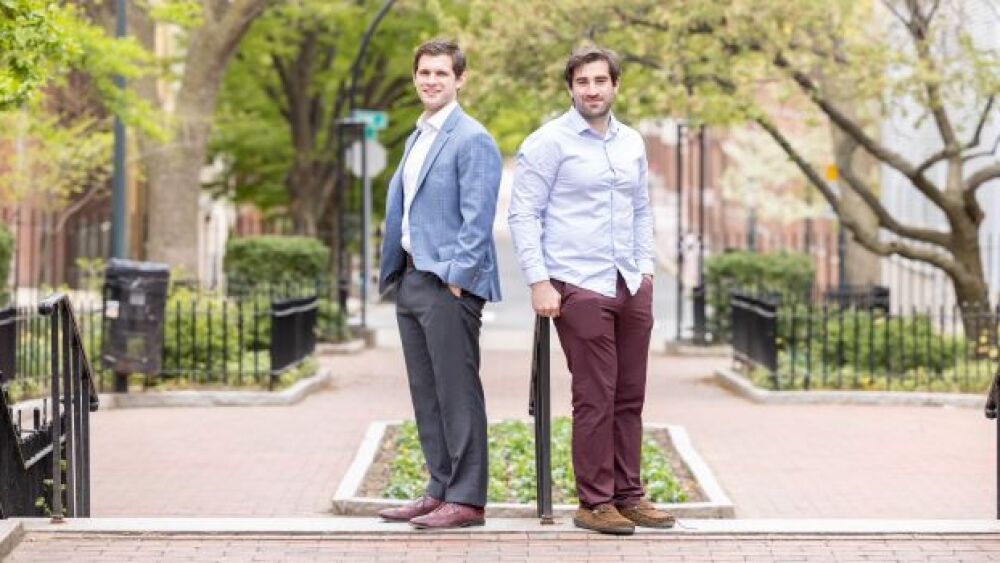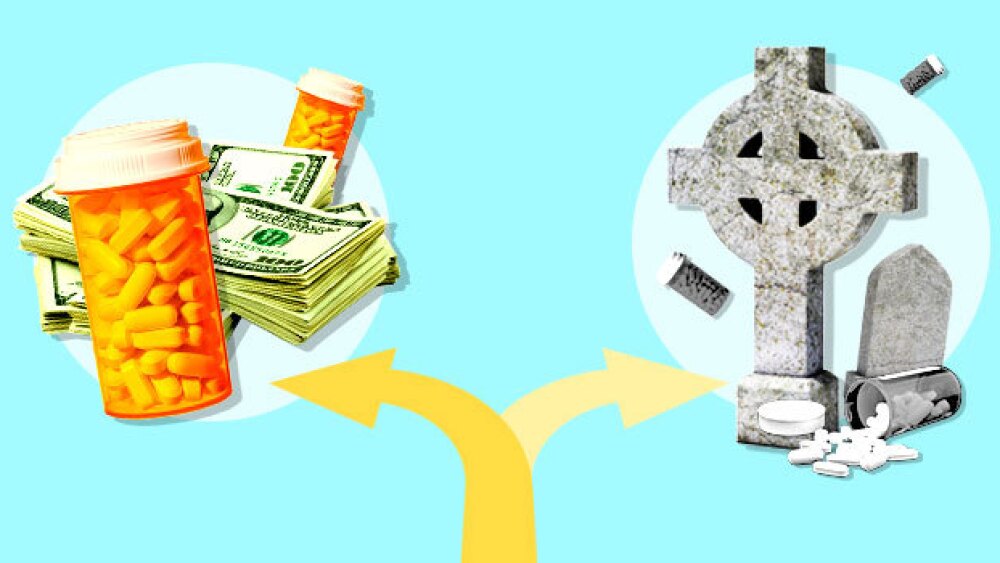Amylyx Pharmaceuticals
NEWS
Nearly 100 biotechs went public amid the industry’s IPO frenzy in 2021, driven by an influx of pandemic-driven investments. But many of those companies have little to show investors.
AMX0035—approved as Relyvrio in 2022 for amyotrophic lateral sclerosis but voluntarily pulled from the market last year—was unable to distinguish itself from placebo in a mid-to-late-stage trial of progressive supranuclear palsy.
Speaking at BIO2025, rare disease leaders from Ultragenyx, Amylyx and Yale questioned the need for the new regulatory pathway proposed by FDA Commissioner Marty Makary. They acknowledged, however, that creative thinking is required to enable more treatments for patients with ultrarare diseases.
The Inflation Reduction Act includes an exemption for orphan drugs for a single indication, but experts say this is far from sufficient to maintain momentum in the rare disease space.
Some 90% of investigational drugs fail—and success rates are even more dire in the neuro space. Here, BioSpace looks at five clinical trial flops that stole headlines over the past 12 months.
While supportive of Amylyx’s acquisition of a GLP-1 drug, analysts say the company’s future hinges on key upcoming readouts from multiple products in its pipeline.
After a busy first half of 2024, several companies are expecting key data readouts in the neuropsychiatric and neurodegenerative disease spaces during the next six months.
After pulling its ALS drug Relyvrio from the market, Amylyx Pharmaceuticals is looking to target the GLP-1 space with the purchase of Eiger BioPharmaceuticals’ avexitide, which has been studied for the treatment of hyperinsulinemic hypoglycemia.
Amylyx’s recent decision to withdraw its ALS drug Relyvrio from the market highlights an important business decision for companies: when to continue marketing or investigating a drug that has failed a pivotal or confirmatory study.
JOBS
IN THE PRESS









